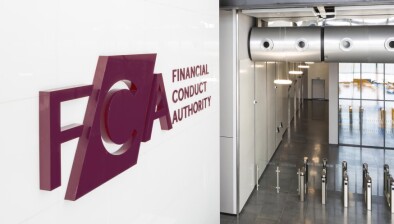UK plans strict regulatory regime for crypto sector

The UK government is developing a detailed regulatory framework aimed at positioning the UK as a global leader in digital finance.
The proposed rules will subject cryptoasset firms involved in trading, staking, and custody to standards similar to those governing traditional financial institutions.
Departing from the European Union’s lighter MiCA regulation, the UK intends to implement a securities-style approach. This involves introducing six new regulated activities under the Financial Conduct Authority’s (FCA) remit, mandating stringent disclosure requirements, capital buffers, and robust governance for crypto organisations.
In its latest discussion paper (DP), the FCA is seeking views on intermediaries, staking, lending and borrowing, and decentralised finance.
Industry figures have reacted positively to the move towards greater clarity. Circle’s Dante Disparte praised the effort to reduce ambiguity and foster responsible innovation, while Bitget’s Vugar Usi Zade highlighted the increased transparency, which aids business planning and commitment to the UK market.
Under the proposals, UK-issued stablecoins will be classified as securities, requiring capital market-style disclosures, rather than being treated as e-money. Foreign-issued stablecoins will remain permissible but only accessible through regulated platforms.
However, the regulation of Decentralised Finance (DeFi) remains less defined. While providers of liquid and delegated staking will need to register, solo stakers and platforms offering only an interface may be exempt. Concerns persist about the compliance burden these rules could impose, particularly on smaller DeFi startups ill-equipped for bank-grade requirements.
The FCA is expected to finalise this comprehensive crypto rulebook by 2026. The framework aims to strike a balance between encouraging innovation and ensuring effective oversight, reinforcing the UK’s ambition in the global digital asset sector.







